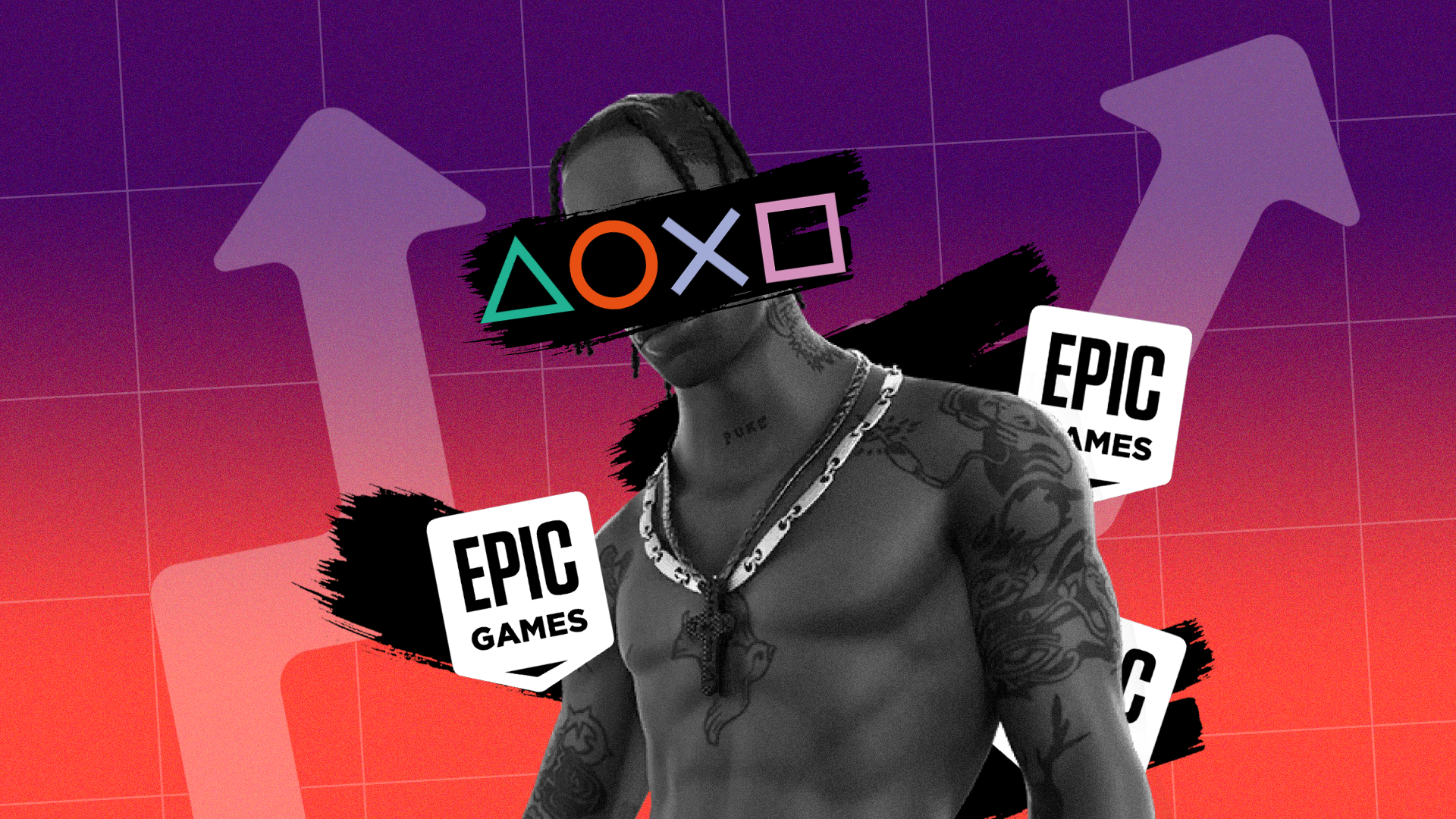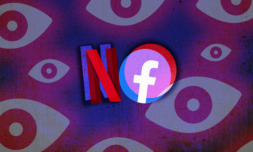Lockdown restrictions have meant that many of us are flocking to online video games to distract ourselves, and investors are hoping the trend continues well beyond the pandemic.
I’m sure I’m not alone in saying that I’ve chucked more than a few extra hours into playing video games since lockdown began over three months ago. While nearly every other industry has struggled to cope with the unpredictable changes surrounding the coronavirus, gaming and online streaming has flourished.
Gaming platform Unity recently announced a 46% increase in daily active gamers and a significant jump in revenue, citing the pandemic as a direct cause. Americans also reportedly spent a record $10.86 billion on gaming in the first quarter of this year, while sales in May were up 52% from last year at $977 million.
Epic Games, the owner of hugely popular online multiplayer games such as Fortnite, Rocket League, and many other franchises, is just about to secure its latest funding round of $750 million and has been revalued at $17 billion, a $2 billion increase from 2018. New investors such as T. Rowe Price Group Inc. and Ballie Gifford are hopping on board too, though some of the details and totals have yet to be finalised.




















